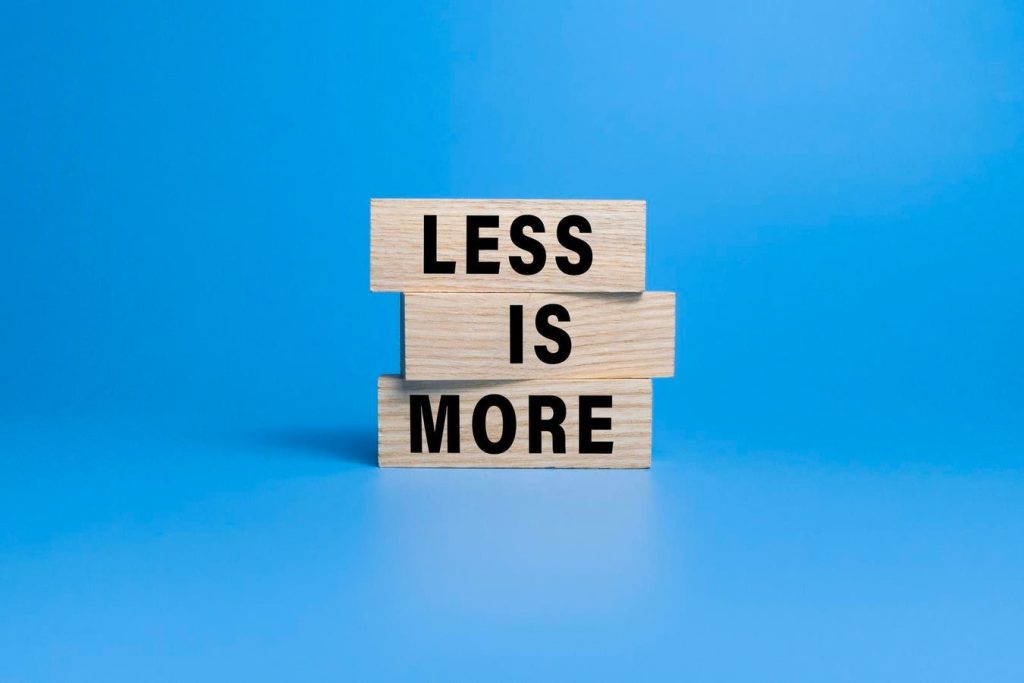Finding Balance: The Counterintuitive Path to Entrepreneurial Success
It’s 11 PM and you’re still checking emails. You squeeze work into breakfast, scroll LinkedIn while your kids play nearby, and dedicate weekends to catching up because it’s finally quiet. Despite all this effort, you perpetually feel behind. Your to-do list grows faster than you can tackle it, your business seems to need you around the clock, and even your biggest achievements feel hollow because there’s always more waiting to be done. This isn’t just your reality—it’s the lived experience of countless entrepreneurs who equate hours worked with success achieved. But what if this equation is fundamentally flawed? What if working harder stopped delivering results long ago, and you simply haven’t noticed?
The most successful entrepreneurs aren’t those logging 80-hour weeks and wearing exhaustion like a badge of honor. They’re the ones who take real vacations, pursue hobbies, sleep well, and somehow still outperform their perpetually busy counterparts. This isn’t magic—it’s mathematics. When you force yourself to work less, you become ruthlessly efficient with how you spend your time. Four focused hours suddenly produce more meaningful results than ten scattered ones. When your time is deliberately constrained, you naturally skip the busy work, ignore emails that lead nowhere, decline meetings that waste time, and laser-focus on what genuinely moves the needle. The transformation can begin tomorrow: block your afternoons completely—no meetings, no emails, no exceptions—and watch how much you accomplish in a compressed morning when you know your time is finite. Notice how many “urgent” tasks reveal themselves as anything but when your availability shrinks.
Every entrepreneur instinctively knows which tasks drain their energy. Perhaps it’s administrative work that makes you fantasize about quitting, client calls that leave you exhausted, or networking events filled with small talk that feels painfully insincere. These energy vampires don’t just consume time—they steal the enthusiasm and creativity needed for breakthrough work. Heavy energy compounds into resentment, while light energy multiplies into momentum. The solution is surprisingly simple: make an honest inventory of everything you do in a typical week and mark each task as either “heavy” or “light” based on how it affects your energy. Then systematically eliminate, delegate, or redesign every heavy task. Find people who genuinely enjoy what you dread. Build systems that remove friction. Learn to say no to opportunities that feel like obligations rather than opportunities. By making your work feel lighter, you achieve more with less effort, breaking the cycle of diminishing returns that plagues so many business owners.
Your calendar reveals your true priorities more accurately than any mission statement ever could. When you allow others to control your time, you’re essentially letting them determine your outcomes. Most entrepreneurs unconsciously give away their most productive hours to other people’s emergencies. They respond instantly to every request, accommodate every meeting invitation, and then wonder why they never make meaningful progress on their most important goals. The solution requires establishing and protecting non-negotiable blocks for your highest-priority work. Guard these time blocks as vigilantly as you would your bank account—turn off notifications, close your door, make yourself completely unreachable. When someone requests time during these sacred blocks, offer alternatives or decline entirely. Your boundaries around time teach others how to respect your focus. The world won’t collapse if you take two hours to respond to an email, and you’ll find that most “emergencies” resolve themselves when you’re unavailable to solve them.
High performers understand that rest isn’t what happens after burnout—it’s the strategic practice that prevents burnout altogether. This counterintuitive approach recognizes that recovery isn’t weakness but strategy. Your brain solves complex problems during downtime that it simply cannot crack during active work. Those brilliant ideas that emerge in the shower, on walks, or right before sleep aren’t coincidental—they appear precisely because that’s when your overworked conscious mind steps aside and allows your subconscious to take over. Fighting against this natural rhythm guarantees mediocre results and eventual exhaustion. Instead, schedule rest with the same intentionality you schedule meetings. Book time for walks, reading, or doing absolutely nothing. Protect these restorative slots as fiercely as you protect work time. Pay attention to when you naturally feel most creative and energized, then design your weekly schedule around these peaks and valleys. When you rest strategically rather than collapsing from exhaustion, work becomes enjoyable again, and your productivity paradoxically increases.
The most significant breakthroughs in business rarely happen during frantic activity—they emerge in moments of quiet reflection. You might spend days obsessing over a problem only to have the solution appear during a brief meditation. You might force yourself toward a decision for weeks until clarity arrives during a simple morning walk. Stillness creates the mental space necessary for insight, while constant motion creates only more motion. Those entrepreneurs who seem to effortlessly achieve remarkable results haven’t discovered some magical productivity hack—they’ve mastered the art of strategic stillness. Begin by building small pauses into each day—just five minutes of doing absolutely nothing. No phone, no podcast, no agenda. Simply sit and breathe. As you grow comfortable with quiet, expand this practice gradually. Use these moments of stillness before important decisions, after intense work sessions, or whenever you feel stuck. Your next million-dollar idea isn’t hiding in another hour of frantic work—it’s waiting in the silence you’ve been systematically avoiding. This entrepreneur’s paradox changes everything: by doing less, you accomplish more. When you stop measuring success by hours worked and start measuring it by impact created, you unlock a completely different approach to business growth. By protecting your energy, creating space for opportunities to find you, and embracing strategic stillness, you discover clarity that constant activity obscures. This isn’t laziness—it’s sophisticated strategy. Your business doesn’t need the exhausted version of you; it needs the best version of you. Give yourself permission to work less, and watch as your results multiply.


